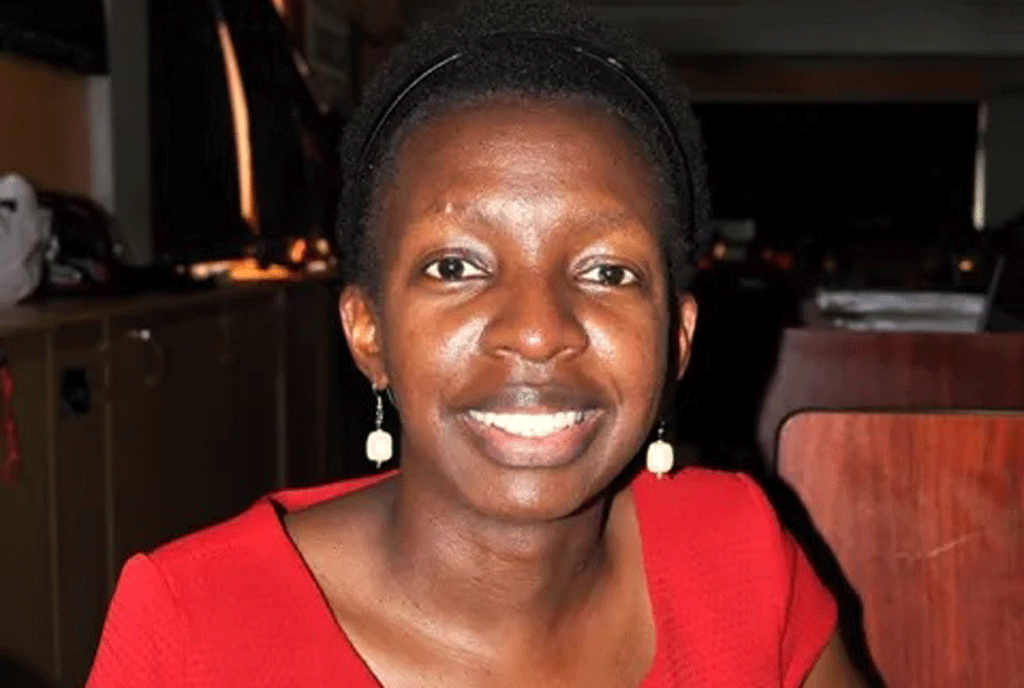Prime
Monitor at 30: Celebrating commitment and courage

Former Daily Monitor Executive Editor- Malcolm Gibson.
What you need to know:
- Ugandans should be grateful that those who proudly identify with the Monitor continue to resist, continue to prevail, despite these and many other challenges – as they have done for 30 years.
- The hope, for the sake of Uganda, is that their efforts persist for many decades more.
I am honoured to participate in the 30th anniversary celebration [of Monitor Publications Ltd, publisher of Daily Monitor newspaper]. Asked to write about a story of significance during my tenure from early 2014 through early 2015, I instead offer my observations and opinion on what impressed me most and of the story we chose not to report to any great degree.
For me, I played but a small part in what has led to this anniversary, having served, with appreciation, as Executive Editor of Monitor Publications for 14 months almost a decade ago. My contributions may be limited, but they were always well-intentioned because of my love of Africa, especially Uganda, and respect for journalism and those who practice it, here and there. My hope is that some remnants of what I introduced and tried to instil have remained.
Being a journalist is challenging. In Uganda, it’s especially so. What impressed me most was that the dedication and courage displayed by my colleagues, at every level, equalled and, in most cases, far surpassed those at the many places journalism has led me, including my 20 years with The New York Times Co.
The journalists with whom I had the honour of interacting were, with rare exceptions, fully dedicated to the craft and to the belief that the free flow of information was important to the people of Uganda, important to democracy.
And in an environment that provided challenges for them at every turn, often putting them in harm’s way. Uganda has a government that professes a commitment to a free press, but put roadblocks at almost every turn. Worse, they come from a government that regularly turns a blind eye to those who install those roadblocks, often abetted by violence.
Nevertheless, the journalists of the Monitor persist. Adding to their difficulties, they persist in an environment that rewards them with lower-than-deserved pay, well below acceptable standards, in my view. Other than often depriving them of a well-deserved middle-class existence, it forces them to repeatedly rebuff ill-intentioned enticements that most journalists in a civilised world do not have to endure. They should not as well.
Monitor at 30:It will die with Uganda’s deepest secrets
Those and other forces work to destroy good journalism. Uganda is fortunate that they continue to resist. Which brings us to the story that deserved greater attention in late 2014 through early 2015 that I and others in the organisation chose to ignore, at least in print: the government’s efforts to infiltrate the Monitor to keep it off balance and to shade the Monitor’s coverage in ways to protect the status quo and those benefitting from it.
Events that followed certainly support what led us to that belief and the actions we took to address it, with little mention in the Monitor. We thought it best to allow it to fade for the benefit of those involved and to avoid a lengthy “he said-she said” debate.
By the way, the government does not want the Monitor to die. Allowing the Opposition a voice, a voice it works to temper through its actions, helps keep the kettle from overheating and, more importantly, from driving those voices underground into silent, anonymous plotting.
Monitor at 30: Three decades of blood, sweat and tears
It is something about which President Museveni is well-aware because he lived it. But he and his government do want to keep the opposition and the Monitor off balance and to control the narrative in any way possible.
Ugandans should be grateful that those who proudly identify with the Monitor continue to resist, continue to prevail, despite these and many other challenges – as they have done for 30 years.
The hope, for the sake of Uganda, is that their efforts persist for many decades more.
Malcolm Gibson retired and lives in Clovis, California, with Joyce, his wife of 50 years. He was a working journalist for 35 years, mostly for The New York Times Co., and as an executive editor at three newspapers, including the Daily Monitor. Before coming to Uganda, he was a professor of journalism at the University of Kansas. He holds degrees in African Studies and International Journalism.
Malcolm Gibson- Executive Editor, 2014-2015.




